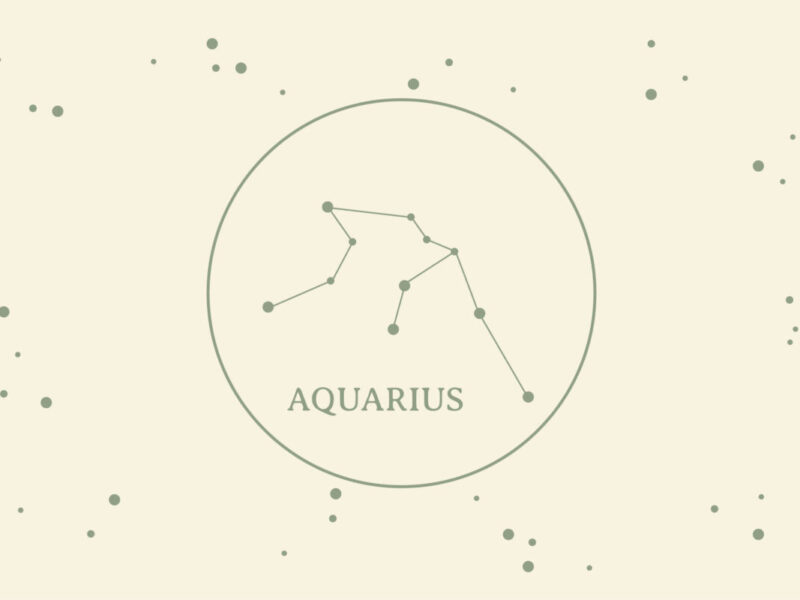“Reading or writing poetry creates a space for empathy, for seeing another person, for bearing witness to our common humanity.”
Whether it’s written or spoken, poetry can be a powerful tool to aid in healing. It offers an opportunity for readers, writers, and speakers to feel both heard and understood. It also offers us a moment to take a pause, feel, and reflect on our experiences.
“The benefits of poetry therapy include increased self and interpersonal awareness, increased sense of validation in voicing one’s truth, and an enhanced capacity to capture and reframe significant life stories,” says The National Association for Poetry Therapy.
Poet and physician Rafel Campo, M.D., believes that poetry can not just help patients, but also help physicians become better providers. “Reading or writing poetry creates a space for empathy, for seeing another person, for bearing witness to our common humanity. Poetry, and the arts more generally, allow that chance to be human together with our patients,” says Campo. “Empathy is essential for our survival . . . without empathy, how would we heal?” he says in a talk for TEDxCambridge. “When we hear rhythmic language and recite poetry, our bodies translate crude sensory data into nuanced knowing . . . feeling becomes meaning,” he explains.
Poetry allows us to express a range of emotions and identify with each other. For example, Emily Dickinson’s portrayal of depression has connected with readers since the 19th century until today. Her poem, “It was not Death, for I stood up” gives others a way to understand how she was feeling — and perhaps even relate.
Those coping with loss may connect with Edna St. Vincent Millay’s “Time does not bring relief; you all have lied.” The poignant sonnet describes her omnipresent longing and anger, and her struggle to find relief.
And while poetry can help us understand painful emotions, it can also help us feel empowered. Poems like “Take Back Your Power” from Lang Leav and “Phenomenal Woman” by Maya Angelou offer a reminder to be strong, confident, and proud of who we are. Sometimes, hearing voices from people who we can connect with can give us a platform to speak up and remind us that we are not alone.
The act of writing poetry can be a great way to practice self-care, too. Everyone has a story that has shaped them into who they are. Whether we feel confident in our poetry skills or not, writing those stories can help us understand ourselves.
A 1997 study from The Journal of Poetry Therapy says “. . . the reading and thinking about poetry is a healing power, and the writing of poems in itself provides deep insight into the problems of the individual.” Our fears, pains, hopes, and goals can be expressed in a safe and free place that we can choose to keep entirely private or share with the world.
“By creating and expressing poetry of any mode, we affirm ourselves as individuals, unique persons, capable of independent thought and action,” the study explained. Through reading, writing, and reflecting, we experience personal growth and perhaps become closer to achieving self-actualization.
No matter how we choose to engage with poetry as a healing art, it’s important to remember that there is no right or wrong in your poetry practice. Self-discovery doesn’t come through writing a great poem; it comes from the process. Always remember to enjoy the journey.




